Storytelling is a crucial component of the human experience.
From the time we’re very young, we begin learning through stories. We’re constantly communicating through stories. We share our experiences with others through our stories.
And yet despite the profound importance of storytelling in our day-to-day lives, it’s so very easy for us to take it for granted, let alone realize its potential as an agent of genuine change — the kind of change that matters.
Stories possess the potency to act as a full-on, sensory-engaging experience that can be simultaneously auditory, visual, and visceral. Our eyes, ears, and minds aren’t the only parts of us engaged — our hearts can be, too. In fact, our hearts are an important part of the storytelling equation. If the narrative is arranged just so and hits all of the key points, the story can compel us to respond with our hearts, in a visceral and emotional (not to mention very honest) way. And when we respond with our emotions, we act. We may even do things we wouldn’t normally do.
In his book, Storytelling Can Change the World, Ken Burnett will change how you view storytelling, one of the most enviable and useful skills one can have. He’s clearly identified two (yes, just two) 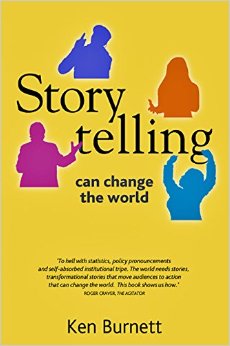 types of stories: stories told purely for entertainment and stories told to compel action. He uses the examples of two heroic Greek orators to illustrate these types: Caius, the applause-garnering wordmaster of reason and logic, and Marcellus, the impassioned master of emotion who paints vibrant pictures with his words and transfers his emotion to his audiences, galvanizing them into action.
types of stories: stories told purely for entertainment and stories told to compel action. He uses the examples of two heroic Greek orators to illustrate these types: Caius, the applause-garnering wordmaster of reason and logic, and Marcellus, the impassioned master of emotion who paints vibrant pictures with his words and transfers his emotion to his audiences, galvanizing them into action.
Applause or action — which of the two would you prefer to accomplish through your stories? And how do you go about making it happen? For all the stories we tell, spinning a tale that aims to inspire change can feel like a challenge.
You want to take on the role of transformational storyteller. Believe me, that’s not as daunting as it sounds. Ken tells us that transformational storytelling means using a story to create a positive difference, changing something or someone for the better. As a transformational storyteller, your possibilities are endless and you can be the driving force behind your organization in creating some seriously awesome change.
Ken breaks it all down for you in his literary yet very accessible style, complete with extensive examples so that you not only come to understand what transformational storytelling is, but what it does. This book is incredibly in-depth, as Ken teaches you what to do, what not to do, and everything in between — including, interestingly enough, an exploration of storytelling through a historical lens.
Along with providing insight, Ken also ramps up the excitement factor when it comes to honing your craft. Yes, he not only tells you everything you need to know in order to become the best storyteller you can possibly be — he gets you excited for it, too. If you’re a member of any organization interested in ramping up fundraising efforts, let this book be your holy grail. Read it and then promptly pass it on to your board, your volunteers, and even your janitor to hammer home the importance of your stories. Once they read this, they’ll get it. And then your team of storytellers can go forth and be agents of change for your organization.
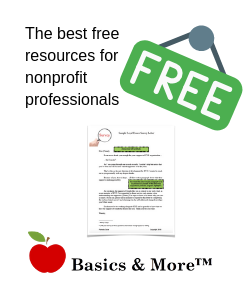
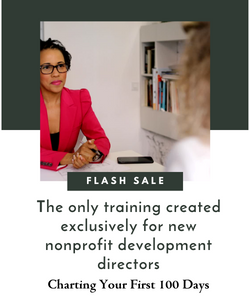
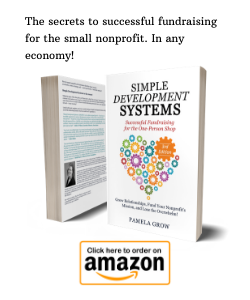
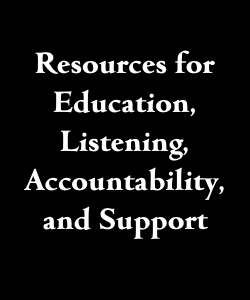








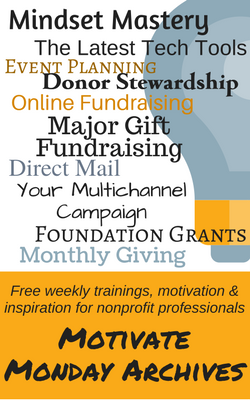




 I can’t wait to meet with you personally.
I can’t wait to meet with you personally.
Comments on this entry are closed.